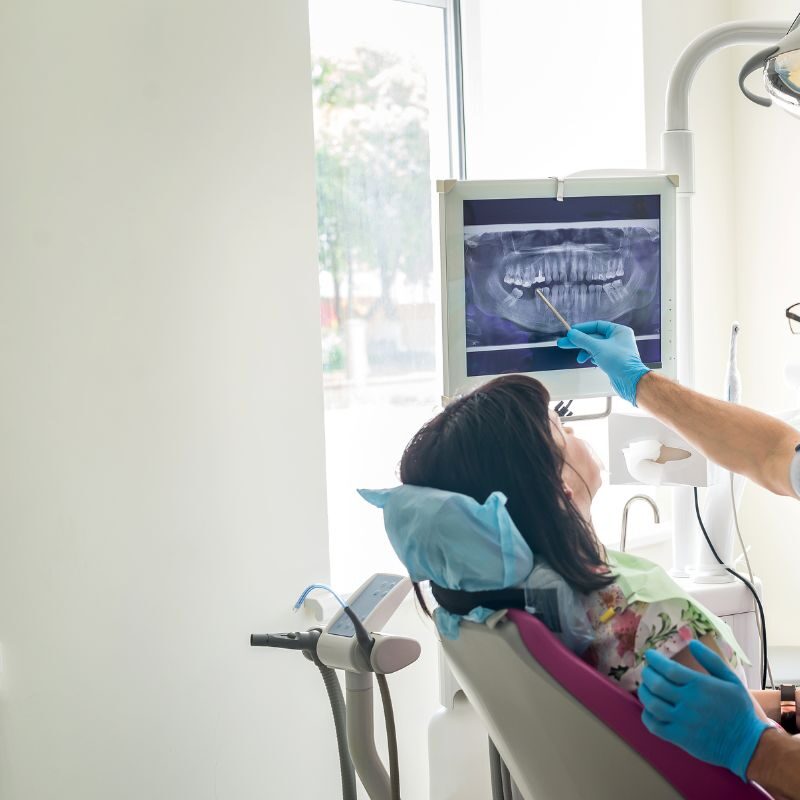
What Is Dental Malpractice?
Dental malpractice is a type of personal injury that occurs when a dental professional fails to perform their duties up to the professional standard of care resulting in harm to the patient.
When a patient receives dental treatment, any missed diagnosis or other negligence on the part of the dental staff can result in serious damage. These problems may not be reported as often as other mistakes that occur in the medical and surgical fields, but they still affect innocent patients every year.
Dental health has an important link to the overall health of a patient. Dentists are sometimes the first healthcare providers to see certain cancers that can form in the mouth or face.
Where Can Dental Malpractice Happen?
Dental malpractice may occur in, but is not limited to:
- Fields of prosthodontics: Dental work that helps those who have lost a tooth or multiple teeth
- Endodontics: Consists of working inside the tooth, fixing root- and pulp-related problems
- Restorative dentistry: Includes treatments used to repair tooth damages caused by cavities or injury
- Oral surgery
What Are Examples of Dental Malpractice?
There are a few common types of dental malpractice that you should be aware of:
- Anesthesia or Novocain complications: The dentist may give a patient the wrong dose, deliver it incorrectly, or fail to monitor you while they are under anesthesia.
- Improper tooth extractions: The dentist may wrongly recommend an extraction when better treatment options are available. They may also cause tooth fractures or nerve damage.
- Failure to diagnose dental conditions: The dentist is responsible for evaluating your dental health and diagnosing any conditions that you may have. Failure to do so may constitute dental malpractice.
- Failure to obtain informed consent: The dentist must obtain your informed consent before doing any procedure.
- Failure to refer you to a specialist: If a dentist notices a dental problem that they are not qualified to handle, they should refer you to a specialist rather than attempting to complete the work themselves.
- Infections: A dentist fails to clean and maintain their equipment properly. If they do not, then it could result in an infection.
Should I Call An Attorney?
Dental malpractice claims can be just as complicated as medical malpractice cases; therefore, it’s critical to have an attorney on your side. If you have experienced unjustified suffering as a result of a dental professional’s negligence, you may be able to seek compensation. Please contact our medical malpractice attorneys at Habush Habush & Rottier to explore the specifics of your case.